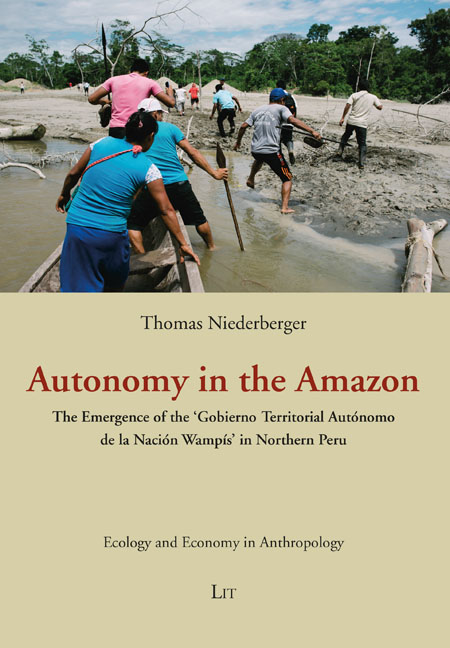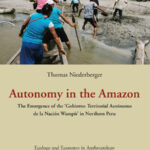Beschreibung
Following the creation of the Autonomous Government of the Wampis Nation, this book accompanies its leaders as they confront illegal gold miners, indifferent government officials and rival organisations within a fragmented political landscape—from village assemblies in the northern Peruvian Amazon to the national Congress in Lima. With great astuteness they build a new institution with an integral territory that also spans the vertical dimension, from underground to space, and encompasses a multiplicity of more‑than‑human relationships.
A timely contribution to political ecology, economic and ecological anthropology, this in-depth ethnographic account is published as the Wampis Nation—now recognised as an emblematic example of indigenous autonomy—celebrates its tenth anniversary. The author describes an emergent “relational autonomy”, that goes far beyond a simple demand for common property land rights, as it is deeply rooted in Wampis political ontology while connecting directly with global negotiations concerning biodiversity loss and the climate crisis.
Thomas Niederberger is Social anthropologist, specialized in strategic communications and human rights advocacy.


